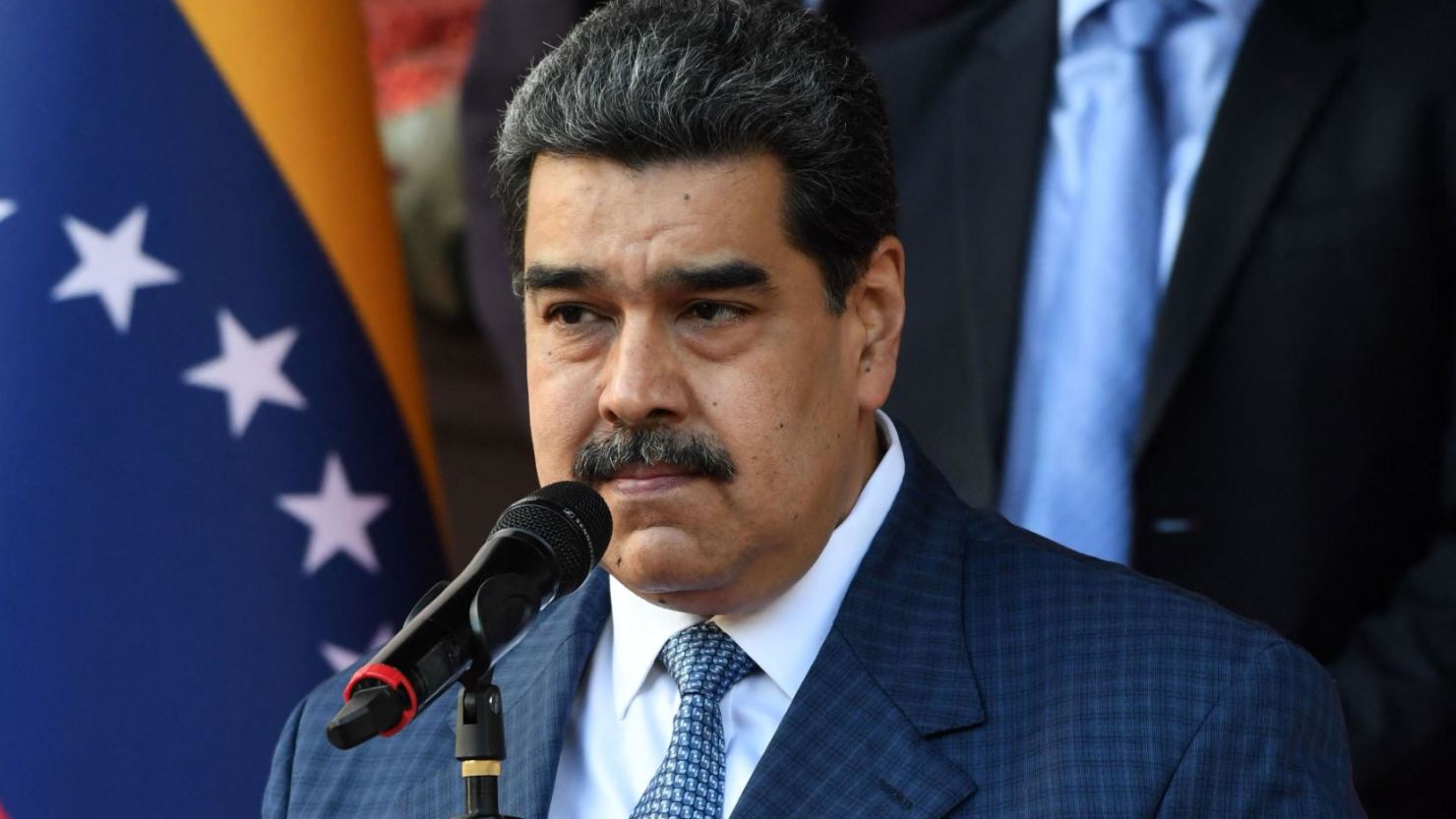Following Venezuela’s presidential election, Nicolás Maduro’s victory has been widely contested, with opposition leaders and numerous international voices demanding a recount due to allegations of fraud and lack of transparency.
In the wake of Sunday’s presidential election in Venezuela, the international community has raised significant concerns regarding the transparency and legitimacy of the declared results. According to the National Electoral Council (CNE), Nicolás Maduro secured the presidency with 51.2% of the vote. However, this announcement has sparked widespread skepticism and demands for a recount, particularly from opposition leaders and foreign governments.
The Official Announcement
On Sunday evening, with 80% of the votes counted, CNE President Elvis Amoroso declared Maduro the winner. The official results reported that Maduro received 5.1 million votes (51.2%), while opposition candidate Edmundo González garnered 4.4 million votes (44.2%). Amoroso also stated that the election results would be published table by table on the CNE’s website and that the figures would be provided to political organizations. He alleged an attack on the election’s computer system, attributing delays in result delivery to this “terrorist” act and calling for an investigation.
Maduro, in his victory speech, lauded the CNE’s credibility, asserting that it had passed 16 audits and was highly reliable. He emphasized the triumph of “peace, stability, and equality” and urged respect for Venezuela’s constitution and the people’s decision. He accused foreign entities of psychological campaigns against him and claimed knowledge of the origin of the cyberattack, though he did not disclose specifics.
Opposition and International Reactions
The opposition, led by Maria Corina Machado, outright rejected the CNE’s announcement. Machado declared Edmundo González the legitimate president-elect, asserting that the opposition had won 70% of the votes. She called on the Bolivarian National Armed Forces (FANB) to enforce the true popular will.
Globally, the reaction has been one of caution and disbelief. The United States and the European Union have both demanded a recount. U.S. Secretary of State Antony Blinken expressed “serious concern” over the election results and called for a “fair and transparent” vote count. Josep Borrell, the EU’s chief diplomat, echoed this sentiment, emphasizing the need for total transparency in the electoral process.
Latin American Responses
Several Latin American leaders have voiced their skepticism. Colombian Foreign Minister Luis Gilberto Murillo called for a complete recount and independent audit to dispel doubts about the results. Former Colombian President Juan Manuel Santos deemed the results incredible. Chilean President Gabriel Boric demanded total transparency and insisted that Chile would not recognize unverifiable results.
Other countries, such as Guatemala, Uruguay, and Argentina, also expressed doubts. Guatemalan President Bernardo Arévalo stressed the need for transparent and accurate results. Uruguayan President Luis Lacalle Pou criticized the election process, asserting that it was flawed from the outset. Argentine President Javier Milei condemned the election as fraudulent even before the results were announced, calling for the Venezuelan Armed Forces to defend democracy.
Allies of Maduro
In contrast, Maduro’s allies, including China, Russia, and Bolivia, celebrated his victory. China expressed willingness to deepen its strategic partnership with Venezuela, while Russian President Vladimir Putin congratulated Maduro, highlighting the strategic nature of their relationship. Bolivian President Luis Arce praised the respect for the Venezuelan people’s will at the polls.
Ecuador’s Position
Ecuador’s reaction has been notably critical. President Daniel Noboa condemned the lack of transparency in the Venezuelan elections and highlighted the dangers of dictatorship in the region. He called for the Permanent Council of the OAS to discuss the situation. The Ecuadorian Foreign Ministry issued a statement denouncing the absence of guarantees in the counting process and delegitimizing the results.
However, former Ecuadorian President Rafael Correa supported Maduro’s victory.
Correa, a colleague of Nicolás Maduro, celebrated even before the official results were known. And, after the CNE released the first information bulletin, the former Ecuadorian president published his congratulations to Maduro.
As the situation unfolds, the legitimacy of Nicolás Maduro’s re-election remains in question. The international community’s demand for transparency and a fair recount underscores the critical nature of credible elections in maintaining democratic integrity. Venezuela stands at a crossroads, with both domestic opposition and global scrutiny challenging the proclaimed results, pushing for a resolution that accurately reflects the will of the Venezuelan people.



0 Comments